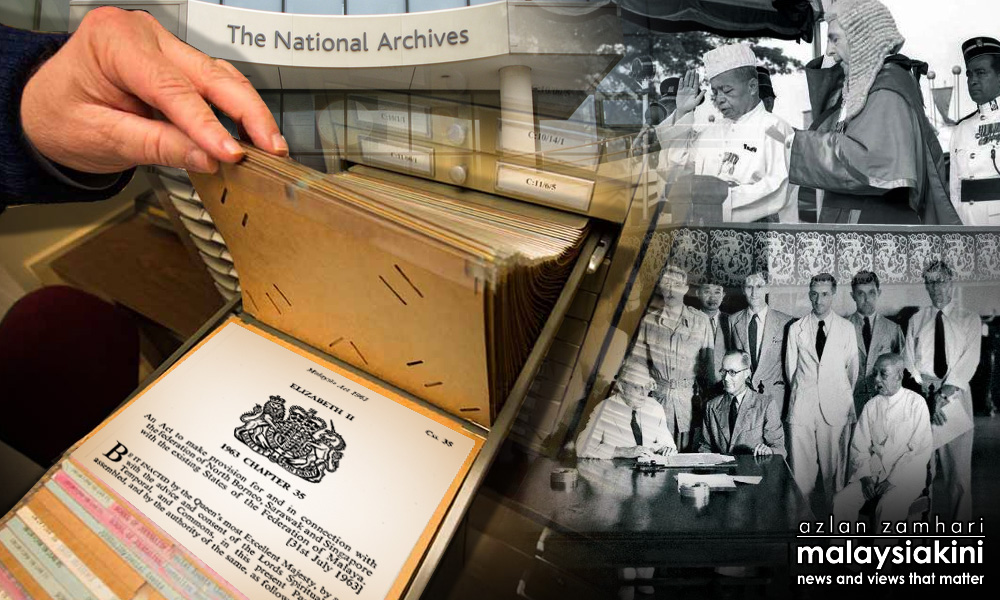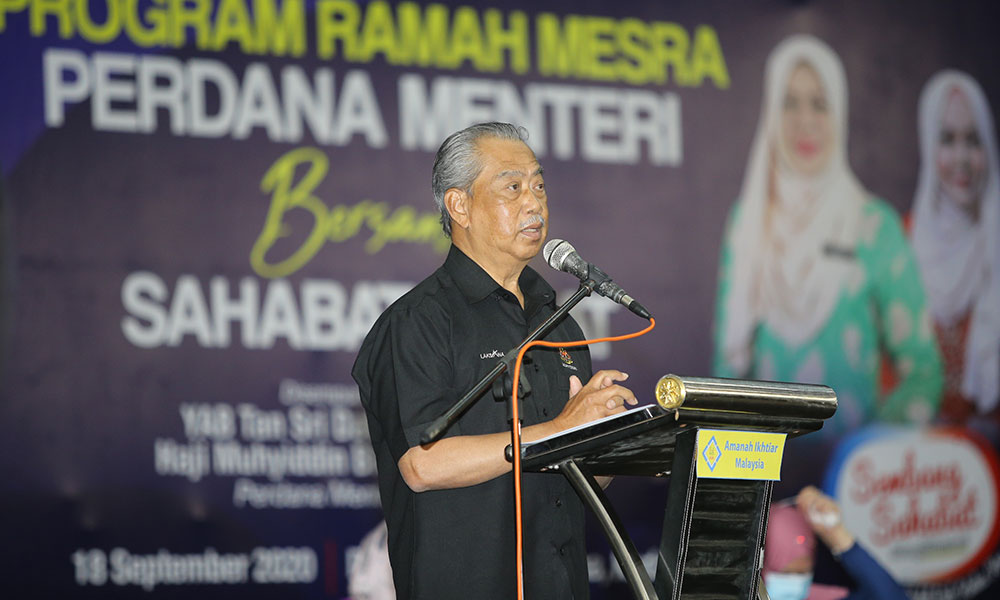The Sabah state election that will be held this Saturday, Sept 26, promises to be the most important state election in the nation’s history. Its outcome will decide not just the fate of Shafie Apdal’s Warisan Plus government. It could also determine the future course of political development in the entire country.
A reading of the past history of Sabah’s elections and the current lineup of multiple contestants and parties - a total of 446 candidates from 16 parties are standing - may give the impression that Gabungan Rakyat Sabah, newly incubated but retaining its Barisan Nasional bloodline, formidable federal government electoral support and enormous financial resources should be able to easily overcome the less established and endowed Warisan grouping that is now in some disarray, following the replacement of the Pakatan Harapan coalition at the national level by the Perikatan Nasional government of Prime Minister Muhyiddin Yassin.
However, this may prove a premature assessment.
The marginalisation of Sabah
What has emerged in the last national election - and is continuing strongly today - is a special strain of state nationalism and the heightened perception that the interests of the state - together with that of Sarawak, but much more - have been unfairly and unjustly subordinated to that of the Umno-dominated federal government.
Many Sabahans are aware that this can continue with the latest reincarnation of a federally concocted and directed government, resulting in the greater loss of state rights and further marginalisation of state interests. This fear is palpable and existential.
Sabah and Sarawak have for long been the BN’s fixed deposits. But instead of rewarding the two states for their loyalty to the ruling coalition, they have been treated as unequal partners in what - under the terms of the Malaysia Agreement signed in 1963 and before the expulsion of Singapore - a federation of four equal components comprising the two East Malaysia states, the island state and the states of Peninsular Malaya as a whole.

Apart from this fundamental distortion of the letter and spirit of the 1963 Agreement, the list of injustices, discriminatory treatment and broken promises endured by the two East Malaysia states run into more than a few pages. According to many of the state’s political leaders - including those from the Gabungan Rakyat Sabah (GRS) today - it includes the following:
● Disproportionally meagre returns from the two states' oil and gas resources
● De-secularisation and creeping Islamisation;
● Internal colonisation by the federal civil service establishment, which has marginalised local Sarawakians and Sabahans in the running of their own states;
● Putrajaya's collaboration with corrupt leaders, which has enriched a small minority and despoiled the environment at the expense of the native communities; and
● Dr Mahathir Mohamad's infamous "Project IC", which permitted a massive influx of foreign illegal immigrants, their registration as voters in Sabah and the adverse repercussions on the local citizenry.
Resistance to what critics see as Kuala Lumpur-orchestrated "new colonialism" has been smouldering intermittently and ineffectively during the past 50 years among the more politically conscious electorate. Can it be more successful in this election?
Electoral reality
The two striking and enduring election messages to voters in Sabah right now are captured in Prime Minister Muhyiddin's "I promise" pledge to Sabahans for federal government assistance to the state during this current Covid-19 pandemic crisis. In contrast, Chief Minister Shafie has promised Sabahans that “We are here to build a nation, not a race or religion.”

Muhyiddin’s pledge seems to echo the infamous one of “You help me, I help you”, which was used by disgraced former prime minister Najib Abdul Razak and the BN in the Sibu parliamentary by-election in May 2010.
The electioneering for this Sabah election is providing the opportunity for state nationalists and state rights activists to push this sense of deprivation, betrayal and injustice to the forefront.
But the politically conscious are a small electoral minority. Whether this can translate into a win for Shafie and his Warisan Plus team depends on their ability to intertwine the rejection of Putrajaya dominance with the economic jobs and bread and butter issues that are foremost in the minds of the larger and rural electorate.
If Warisan plus is successful in this coming election, this may open the door to not only renegotiation of the entire raft of state rights issues. It may also provide a new direction for a nation that is tired out by our poisonous peninsula brew of race and religious politics, and the surfeit of 1MDB and associated scandals.
LIM TECK GHEE is a public policy analyst and author of the book 'Challenging Malaysia's Status Quo'. He is editor-in-chief of the Myhometown website. - Mkini
The views expressed here are those of the author/contributor and do not necessarily represent the views of MMKtT.




No comments:
Post a Comment
Note: Only a member of this blog may post a comment.